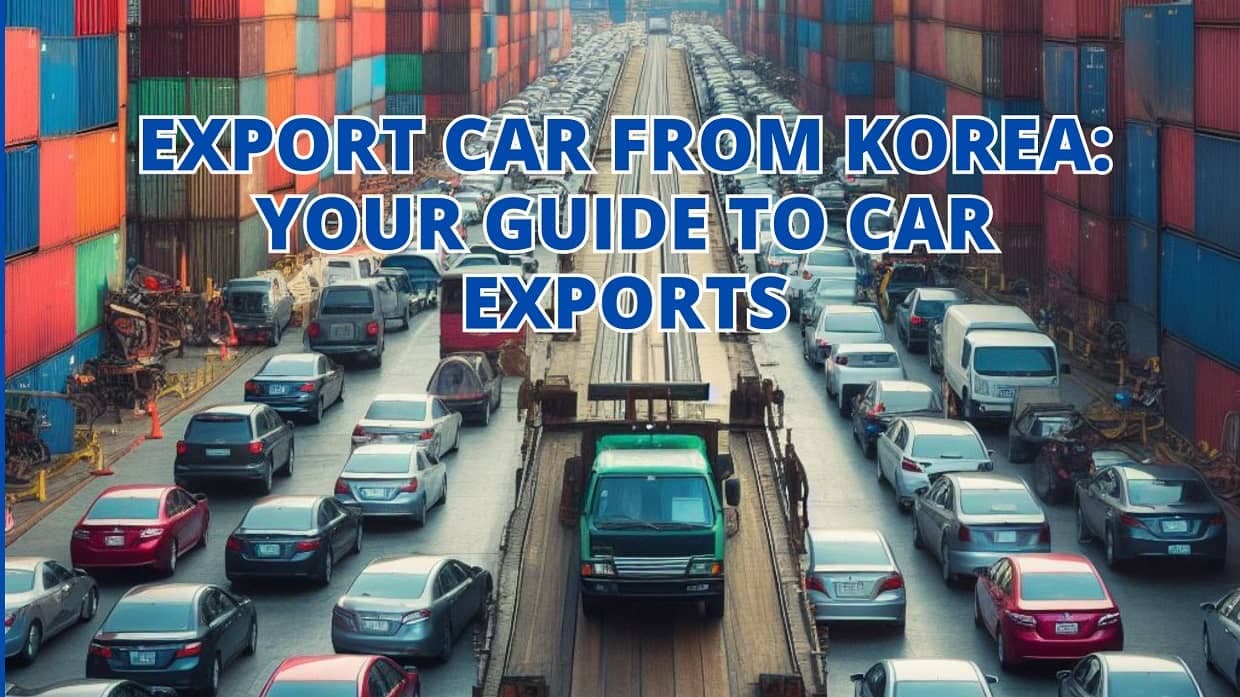- 1.
Request Vehicle History Reports: Before bidding on any vehicle, obtain a comprehensive vehicle history report via a reliable VIN check service provider like Detailed Vehicle History. This report should include details of accidents, title status, and any previous insurance claims. A car history report is a valuable tool for identifying accidented cars and making informed decisions.
- 2.
Inspect the Vehicle: Whenever possible, inspect the vehicle in person or have a trusted representative do so. Look for signs of previous damage, such as uneven panel gaps, mismatched paint, or repaired components. Pay attention to the vehicle's overall condition.
- 3.
Check the Title: Examine the vehicle's title carefully. Look for titles marked as “salvage,” “rebuilt,” or “reconstructed.” These titles indicate that the car has been previously declared a total loss.
- 4.
Verify VIN Information: Confirm that the VIN (Vehicle Identification Number) on the car matches the VIN provided in the auction listing and on the car history report. Inconsistent VINs can be a red flag.
- 5.
Research the Auction Platform: Choose reputable auction platforms, such as government auction platform, with a track record of transparency and accuracy in their vehicle listings. Read reviews and seek recommendations from other buyers. - 6.
Set a Budget: Establish a budget before participating in auctions. This helps you avoid impulsive decisions and bidding on vehicles that may not meet your criteria.
- 7.
Ask Questions: If you have doubts or questions about a vehicle, don't hesitate to ask the auctioneer or the seller for more information. Clarify any concerns before placing a bid.
- 8.
Beware of “As Is” Sales: Some auctions offer cars “as is,” meaning they come without any warranties or guarantees. While these vehicles may be more affordable, they can be riskier, especially if you're concerned about hidden accident damage.
- 9.
Seek Professional Advice: Consider working with an experienced importer or a car expert who specializes in US car auctions. They can provide valuable insights and guidance.
- 10.
Stay Informed: Keep yourself informed about the latest developments in the car auction industry and any changes in regulations related to importing vehicles into your country.




